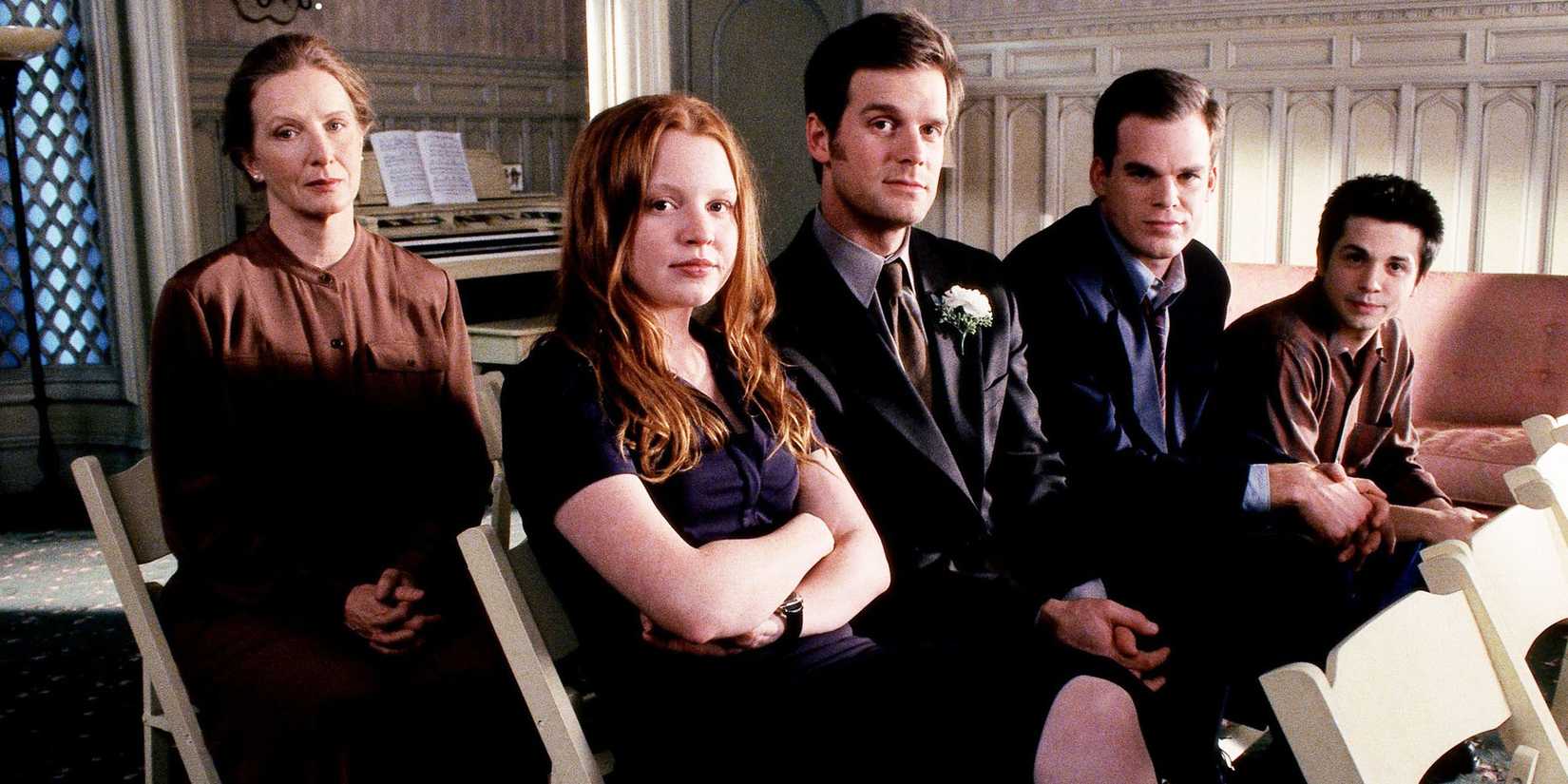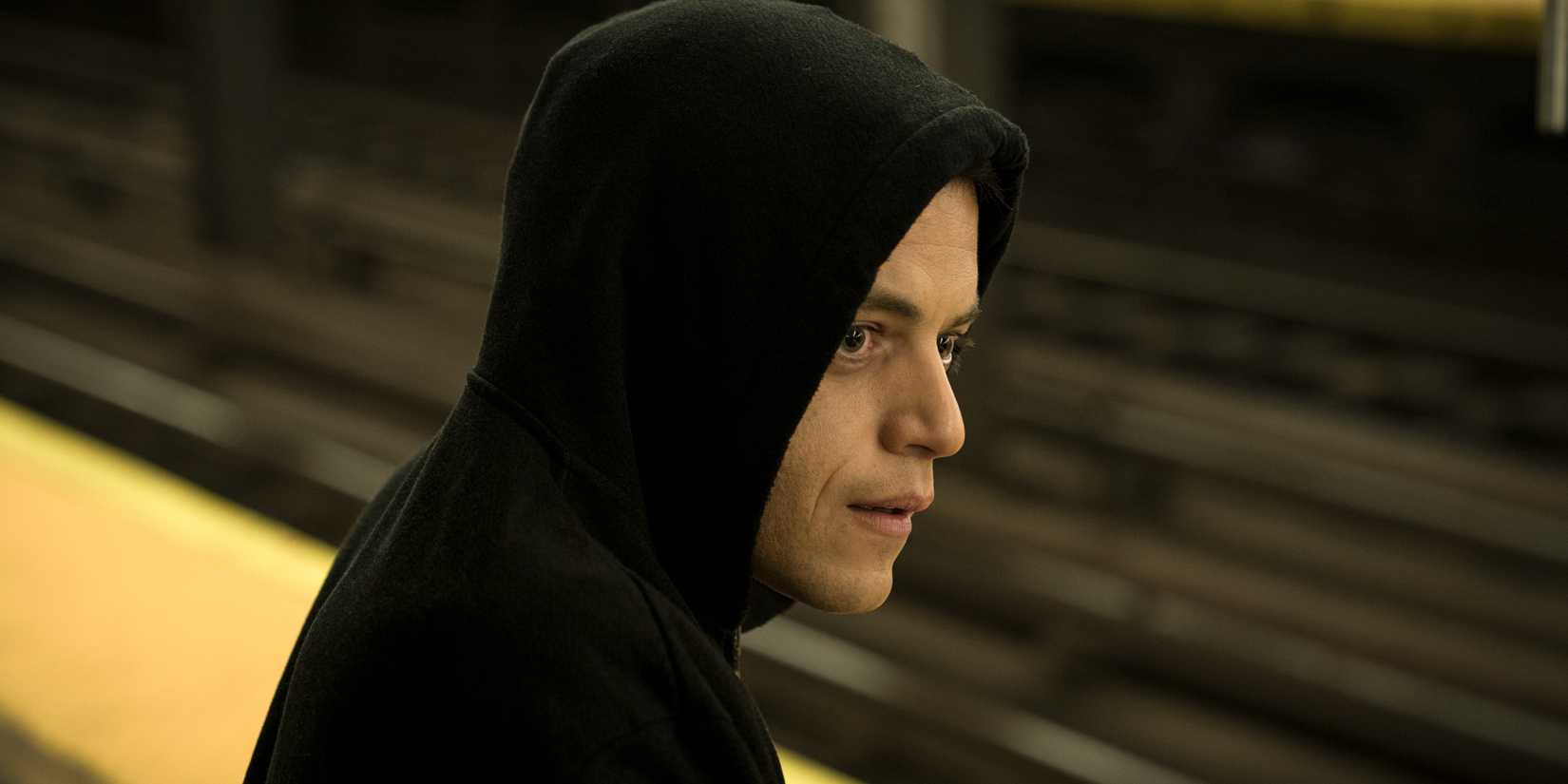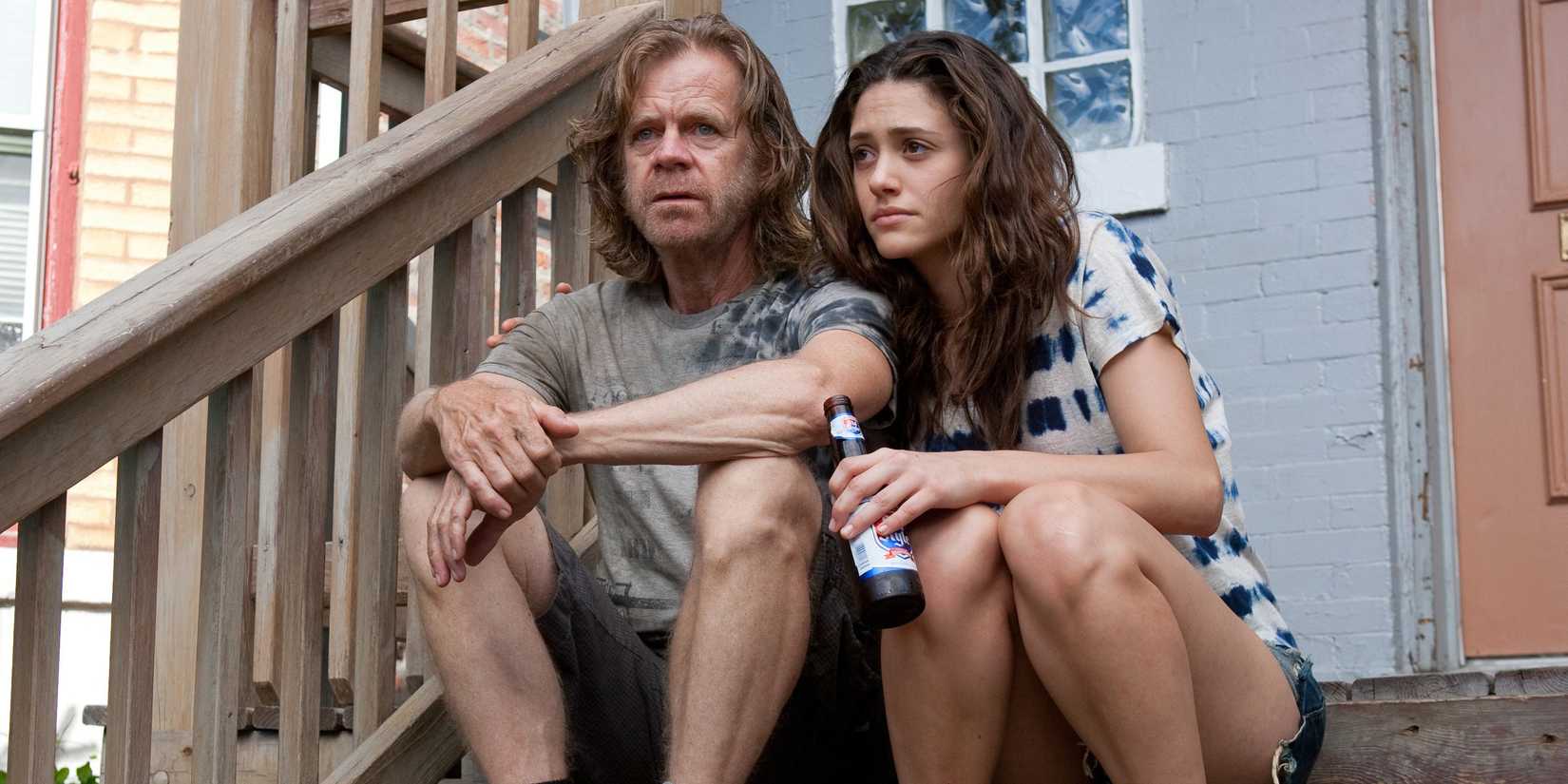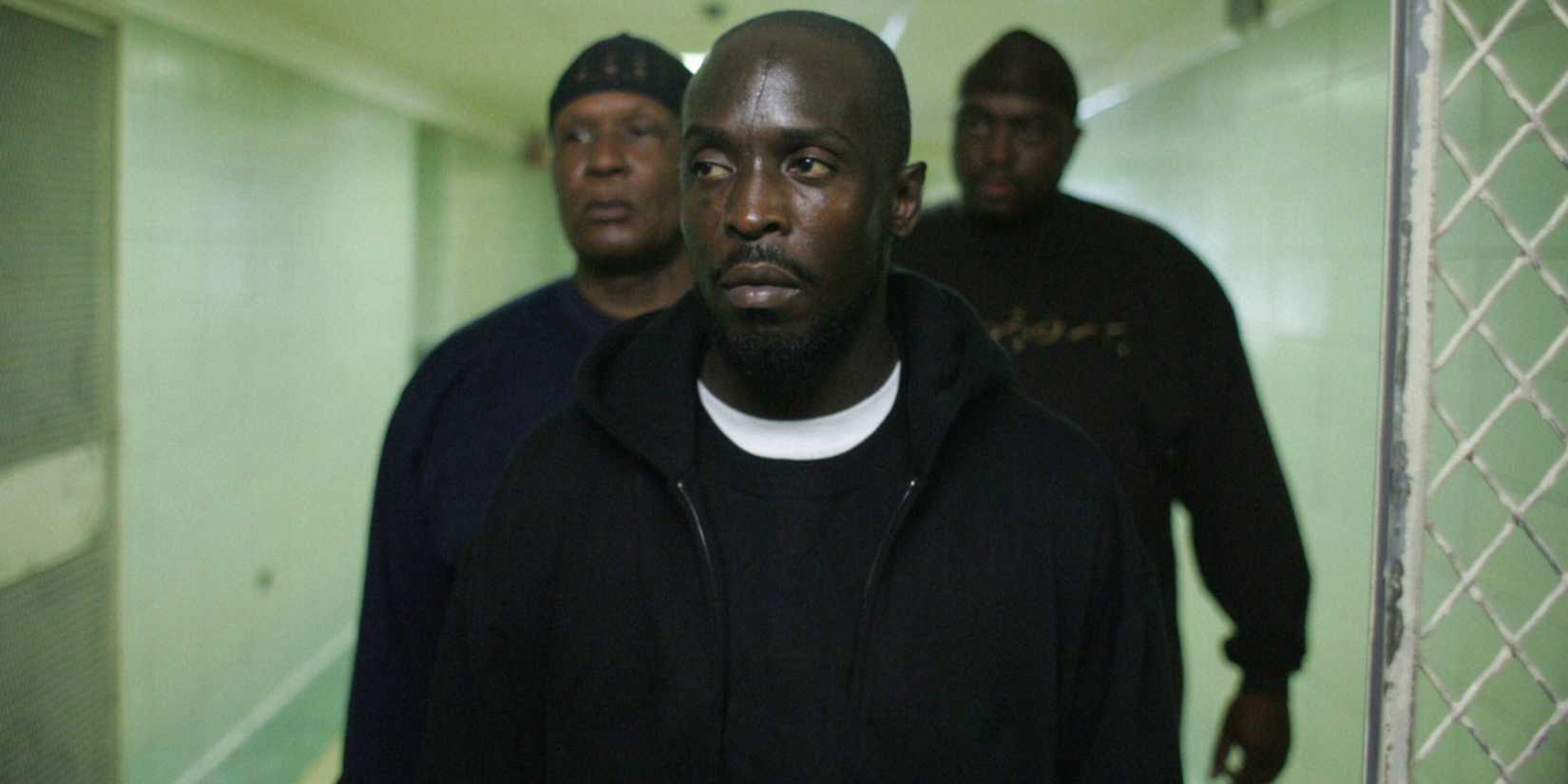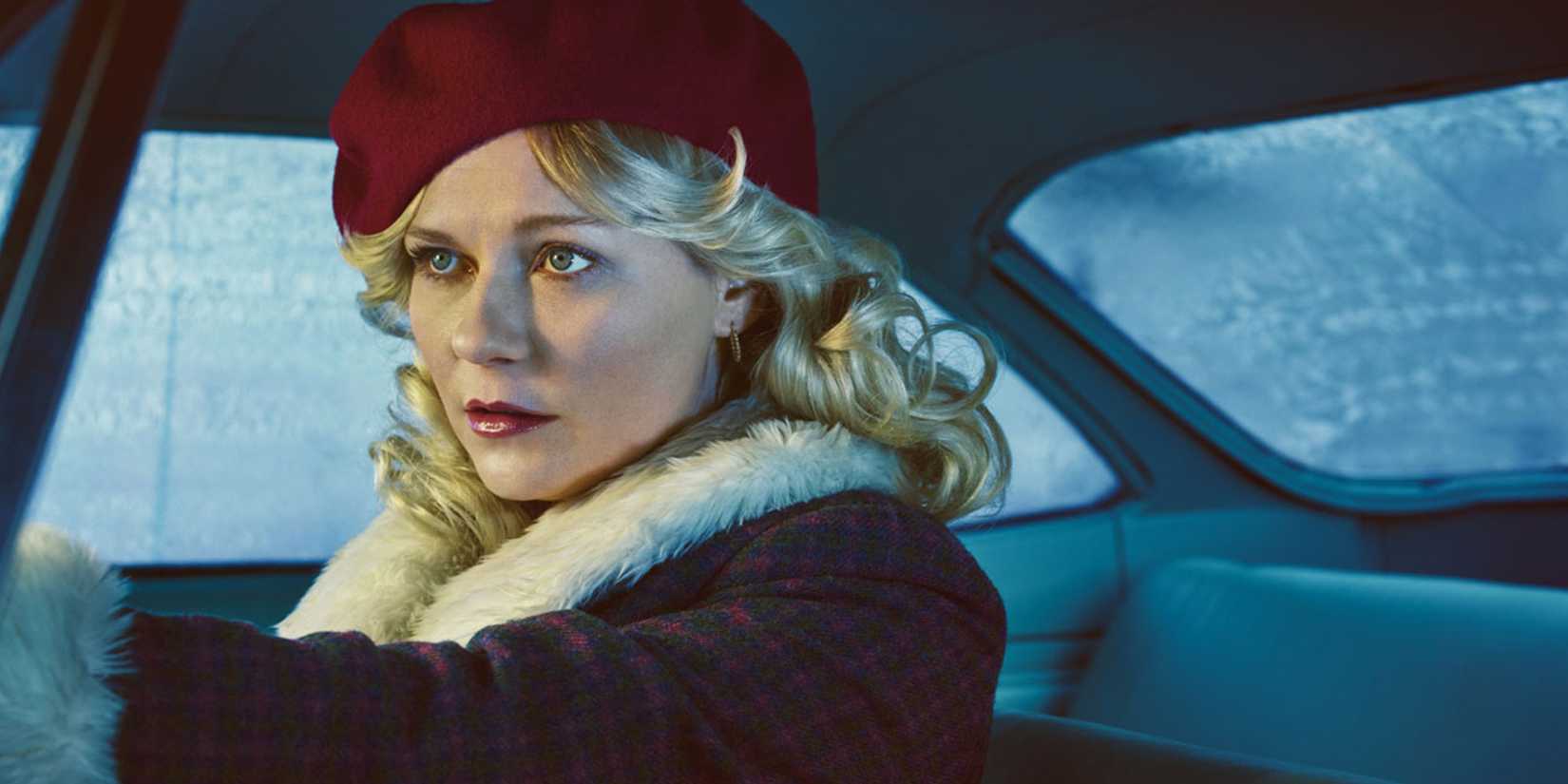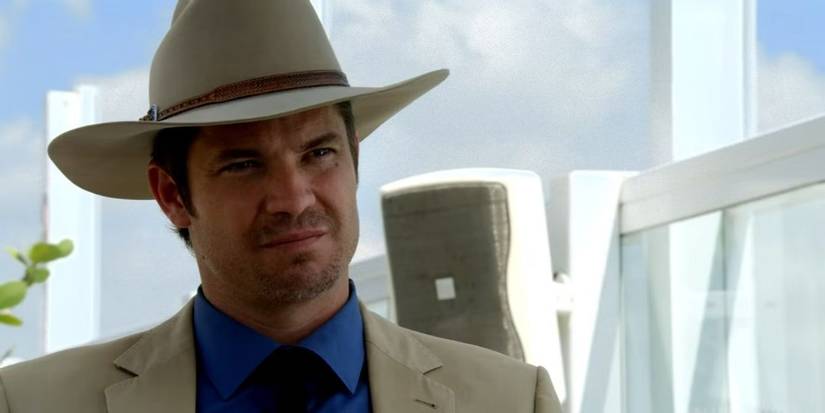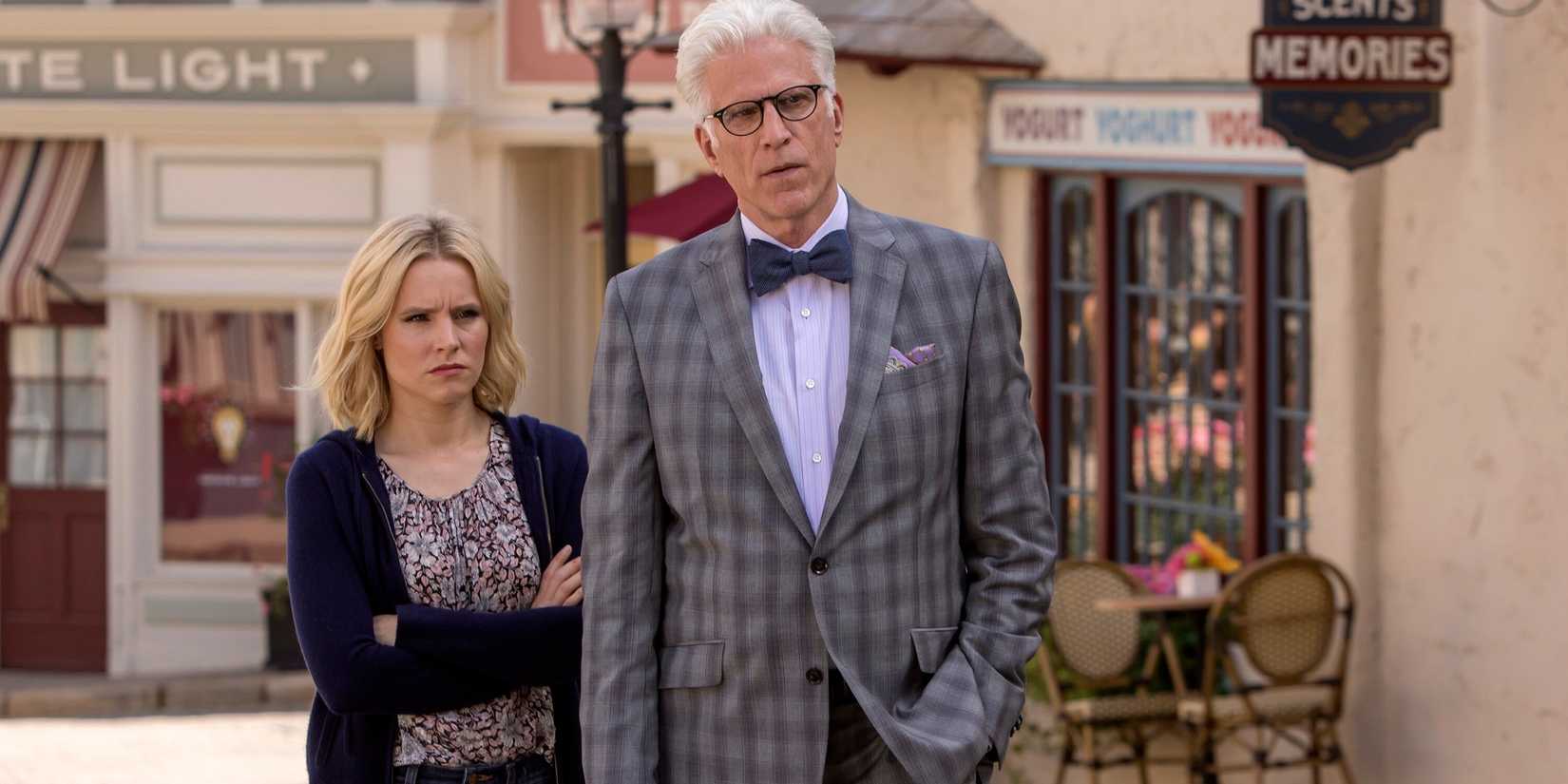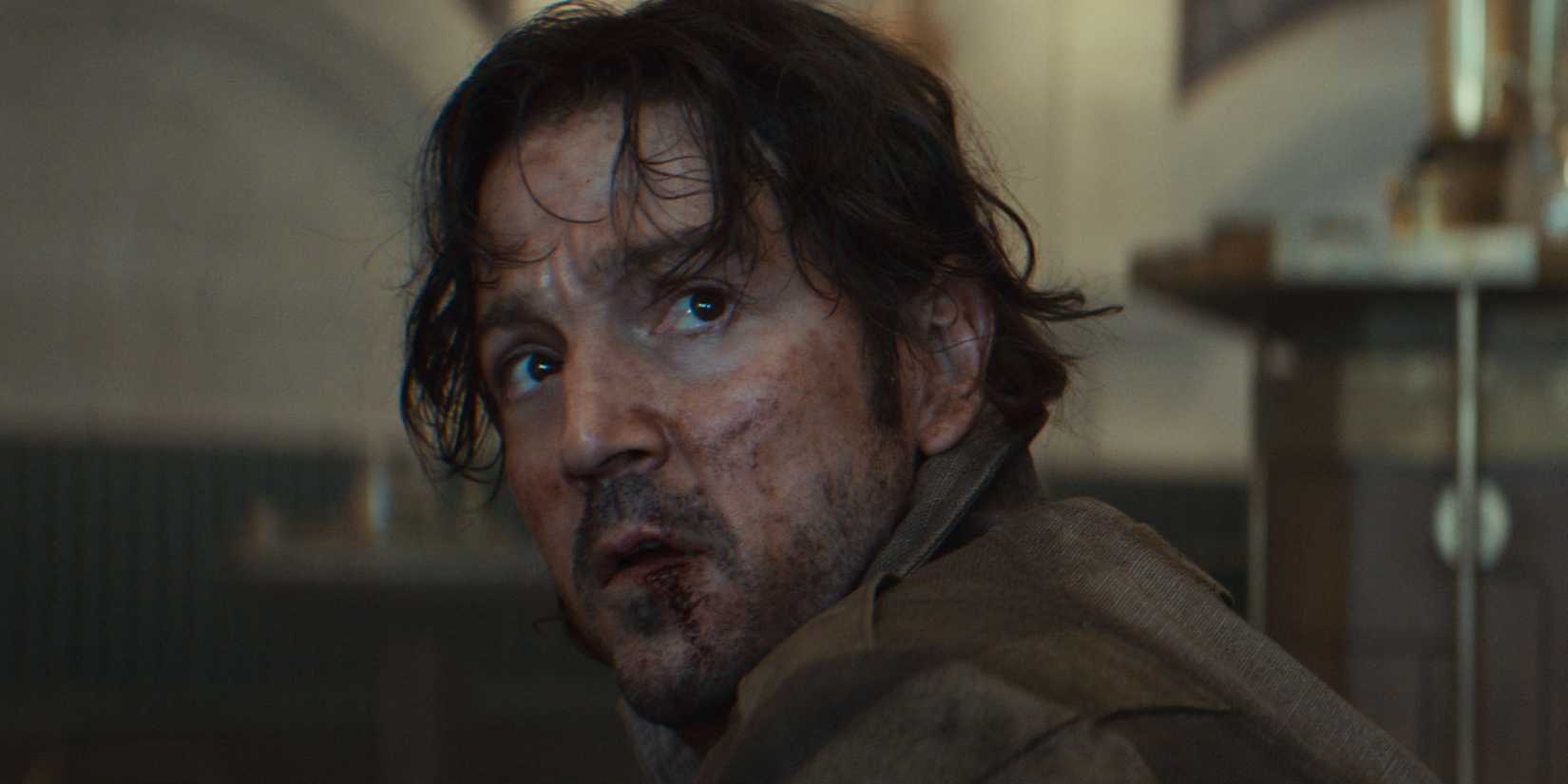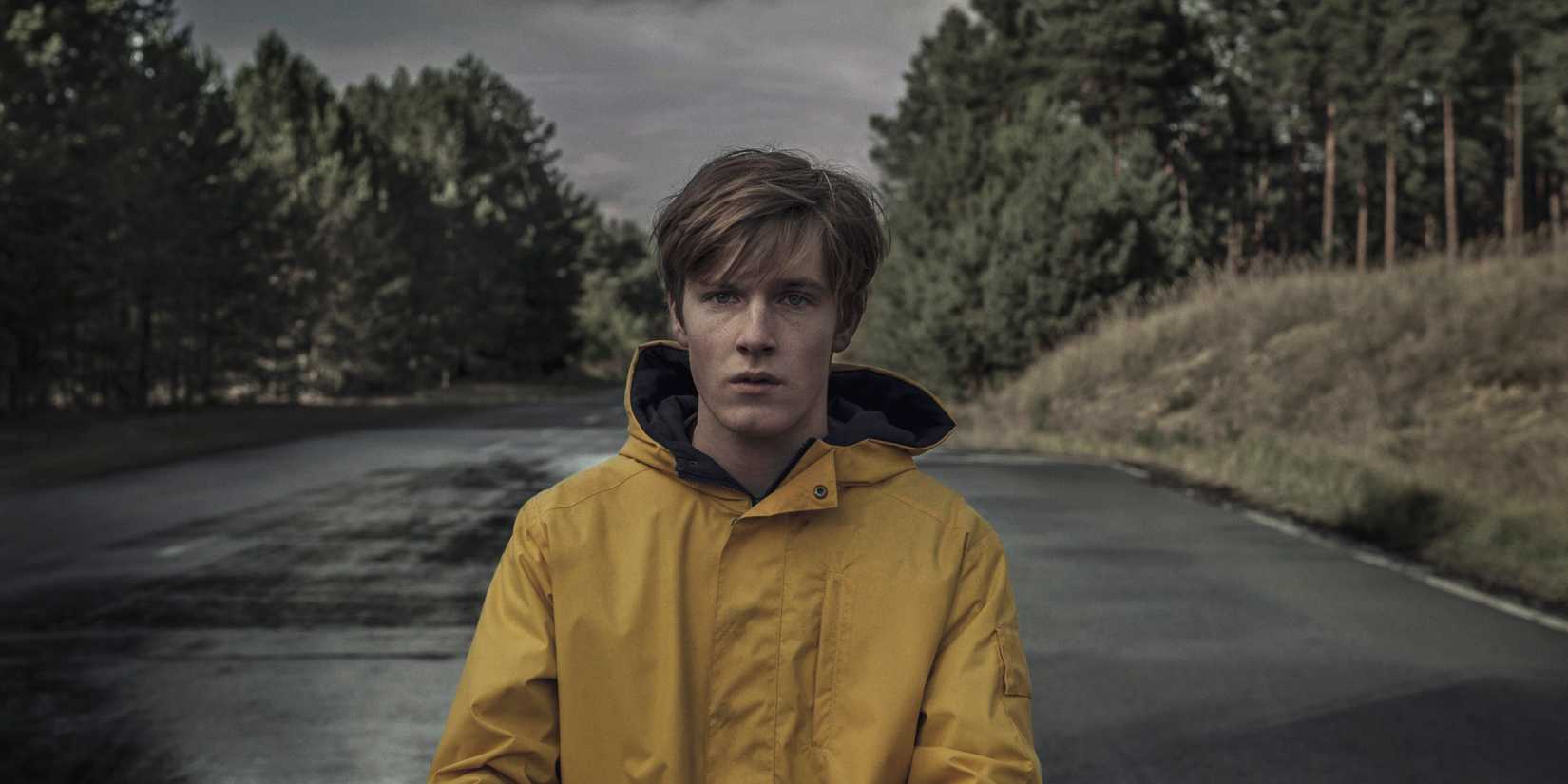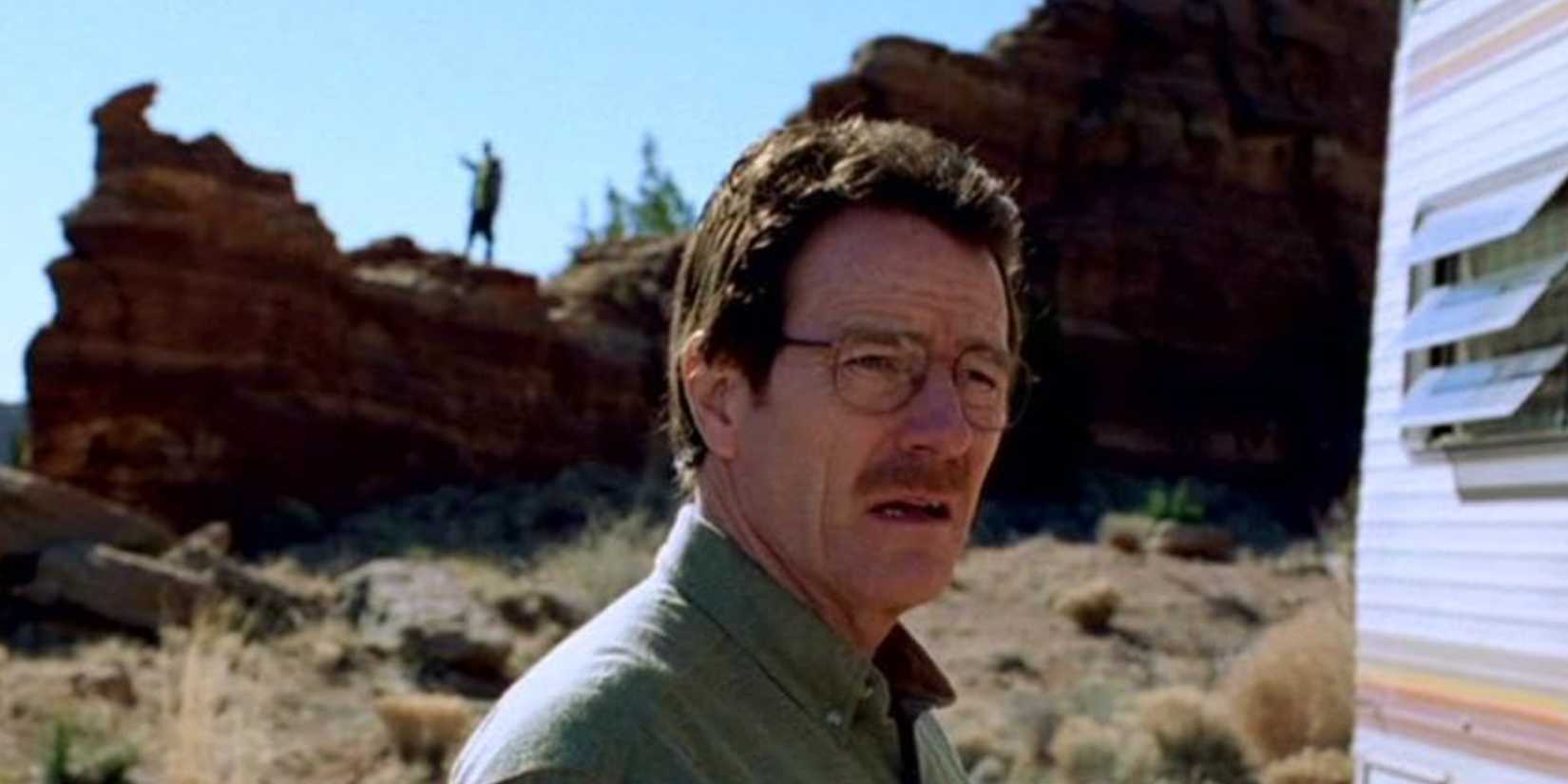There are few things more satisfying than a TV show that sets a high bar in its first season and actually keeps it there. Plenty of shows debut with explosive promise – rich characters, tight storytelling, cinematic scope – only to stumble later. The rare ones that maintain that spark prove how consistency can elevate good television to greatness.
For every success story, there’s a cautionary tale. Lost captured the cultural zeitgeist only to end in division, Westworld folded under the weight of its own ambition, and The Walking Dead became a shambling shadow of what it once was. A strong season 1 doesn’t guarantee longevity, as even the brightest flames can burn out fast.
That’s why when a show starts strong and finishes stronger, it’s something special. Whether it’s a genre-bending comedy, a prestige drama, or a mind-twisting sci-fi epic, these series never wavered. They matched their first-season brilliance with equally stunning follow-ups, proving that lightning can, in fact, strike twice.
Six Feet Under (2001-2005)
Six Feet Under Season 1 Made Death Strangely Beautiful And Painfully Human
Six Feet Under arrived in 2001 and immediately redefined what television drama could be. The story of the Fisher family and their funeral home business combined dark humor, raw emotion, and existential musings unlike anything else on air. From Nate (Peter Krause) and David (Michael C. Hall) to Ruth (Frances Conroy), the characters felt hauntingly real.
Across its five seasons, Six Feet Under never flinched from its themes of mortality and meaning. Each year deepened its philosophical core without losing its humanity, exploring how people live with loss. The writing stayed intimate and fearless, often balancing humor and heartbreak in the same breath.
Most shows fade long before their finales, but Six Feet Under delivered one of the greatest in TV history. Its last ever episode, “Everyone’s Waiting,” brought perfect closure to five near-flawless seasons, proving it never once fell short of its magnificent start.
Mr. Robot (2015-2019)
The First Chapter Of Mr. Robot Turned Hacking Into High Art And It Never Looked Back
When Mr. Robot debuted in 2015, its blend of psychological intensity and anti-capitalist commentary felt revolutionary. Rami Malek’s turn as the socially anxious hacker Elliot Alderson instantly became iconic, while Christian Slater’s mysterious Mr. Robot added layers of intrigue to an already mind-bending premise.
The show’s first season was sharp, stylish, and unpredictable – a paranoid techno-thriller that also explored mental illness with rare nuance. Each twist landed perfectly, setting expectations sky-high for what came next.
Over the four seasons or Mr. Robot, creator Sam Esmail managed the impossible: maintaining tension and inventiveness while deepening Elliot’s emotional journey. With its audacious storytelling, cinematic visuals, and a conclusion as satisfying as its beginning, Mr. Robot proved it was no fluke; it was a masterpiece in consistency.
Shameless (2011-2021)
The Debut Of The Gallagher’s Nailed Chaotic Comedy And Heartfelt Drama In Perfect Balance
Shameless burst onto screens in 2011 with a raw, unapologetic look at the Gallagher family. Frank (William H. Macy), Fiona (Emmy Rossum), and their South Side crew were messy, hilarious, and painfully real. The show’s debut blended outrageous humor with biting social commentary, instantly setting it apart from traditional family dramas.
From seasons 2 through to 11, Shameless kept that energy alive. The Gallagher’s evolved but never lost their edge, adapting to changing times without losing their core identity. Fiona’s struggle for independence and Lip’s (Jeremy Allen White) battle with potential and self-sabotage gave emotional depth to the chaos.
What’s remarkable is how Shameless remained tonally consistent for over a decade. It could make viewers laugh, cry, and cringe in the same scene, a feat few shows sustain that long. From start to finish, it stayed true to its unflinching, heartfelt beginnings.
The Wire (2002-2008)
The Gold Standard For Realism Was Set By The Wire’s First Episodes, And It Never Slipped
2002 was an important year for TV, as it was the year that The Wire arrived and was instantly hailed as one of the most authentic depictions of urban life ever put to screen. The first season’s focus on the Baltimore drug trade, through the perspectives of both cops and dealers, introduced audiences to complex characters like Jimmy McNulty (Dominic West) and Stringer Bell (Idris Elba).
Each of the show’s five seasons expanded the scope, exploring institutions from schools to newspapers, without ever diluting its message. Every storyline added depth to its study of systemic failure and human resilience.
Even with its shifting focus, The Wire’s writing, performances, and grounded tone remained impeccable. It’s rare for a series to stay that consistent in quality and vision, but The Wire did it effortlessly; a near-perfect blend of storytelling, sociology, and soul.
Fargo (2014-Present)
Fargo’s First Season Captured Coen Brothers Chaos And Every New Story Matched It
Anthologies are risky, as every new cast and storyline resets audience expectations. Yet Fargo defied those odds spectacularly. Its first season, starring Martin Freeman and Billy Bob Thornton, captured the quirky violence and dark humor of the Coen Brothers’ original film while crafting its own identity.
On the air for five seasons and counting, Fargo managed to return to screens with a fresh story season-by-season without ever losing its distinctive tone. Each installment, from the 1970s mob wars to the modern-day Midwest, offered a fresh moral parable wrapped in stylish cinematography and biting wit.
Showrunner Noah Hawley’s ability to sustain that sharp mix of menace and absurdity across unrelated stories is astonishing. Most anthologies lose steam, but Fargo has only grown richer, making it one of the most consistent and creatively fearless series in modern television.
Justified (2010-2015)
Season 1 Made Modern Westerns Cool Again – And Justified Only Got Better
Justified kicked off in 2010, bringing Timothy Olyphant’s effortlessly charismatic performance as U.S. Marshal Raylan Givens to screens and, in the process, came to define an entire genre. The show’s debut season mixed Kentucky crime drama with neo-Western swagger, setting the tone for one of TV’s smartest, sharpest series.
The first season’s cat-and-mouse tension with Boyd Crowder (Walton Goggins) established a dynamic so compelling that it became the heart of the entire series. The writing was razor-sharp, the dialogue pure Elmore Leonard, and the pacing impeccable.
Across six seasons (and a 2023 revival), Justified never lost its rhythm. Each season refined its storytelling, balancing humor, danger, and Southern charm. The result was a show that not only lived up to its first season, it cemented itself as one of the best modern crime dramas ever made.
The Good Place (2016-2020)
First Season Of The Good Place Blended Philosophy And Comedy Into Something Unforgettable
When The Good Place premiered in 2016, it felt unlike any other sitcom. Kristen Bell’s Eleanor Shellstrop waking up in the afterlife set off a hilarious and thought-provoking journey about morality, redemption, and what it means to be good.
That first season’s twist, which redefined everything audiences had seen, was legendary. What came next, however, was even more impressive. Over four seasons, The Good Place kept reinventing itself, shifting from cosmic comedy to heartfelt philosophy lesson without losing its warmth or wit.
By the time it reached its poignant finale, The Good Place had evolved into something profound. Few comedies have managed to sustain such inventive energy and emotional payoff, making it one of the most complete, consistent shows of its era.
Andor (2022-2025)
A Groundbreaking Star Wars Story In Two Epic Chapters
Andor’s debut in 2022 stunned even die-hard Star Wars fans. Centered on Cassian Andor (Diego Luna), it traded lightsabers for espionage, rebellion, and moral complexity. The first season’s slow-burn storytelling and character focus made it one of the most mature entries in the Star Wars universe.
Every arc, from the prison break to Luthen Rael’s (Stellan Skarsgård) monologue, raised the bar for what franchise TV could achieve. It balanced political intrigue with raw emotion and never compromised on craft.
When Andor season 2 arrived in 2025 it was clear from the first episode that it had already matched the brilliance of its beginnings. There are many shows pre-planned to be told across only two seasons, but none manage to balance both their halves like Andor.
Dark (2017-2020)
Dark Turned Twisted Time Travel Into Emotional Genius Across Three Impeccable Seasons
Netflix’s German sci-fi masterpiece Dark began in 2017 as a time-travel mystery and soon became a mind-bending epic. The first season hooked viewers with its intricate web of families and timelines centered around Jonas Kahnwald (Louis Hofmann), combining haunting atmosphere with dense storytelling.
Subsequent seasons expanded its mythology without collapsing under the weight of its complexity. Every question had an answer, every paradox paid off, and the emotional stakes stayed front and center even as the sci-fi deepened.
Throughout its three perfectly constructed seasons, Dark maintained near-flawless precision. It managed to close every loop with stunning thematic and emotional symmetry, with each episode of seasons 2 and 3 being just as satisfying as the impeccable first batch of episodes.
Breaking Bad (2008-2013)
Breaking Bad Season 1 Kickstarted The Greatest Character Transformation In TV History
Breaking Bad season 1 introduced audiences to Walter White (Bryan Cranston) in 2008, back when he was just a desperate chemistry teacher cooking meth to survive. That first season laid the foundation for his transformation into Heisenberg, one of television’s most riveting descents into darkness.
The early episodes of Breaking Bad balanced dark comedy and tension beautifully, setting a standard so high most shows would crumble under it. But Breaking Bad only improved. Each season built logically and emotionally, escalating the stakes while maintaining its tight focus.
Breaking Bad never faltered from seasons 1 to 5, keeping up the brilliance of the pilot right through to the final episode – “Felina,” a finale that perfectly tied up every thread. It’s the rare show that didn’t just live up to its first season, it surpassed it, setting the bar for serialized storytelling forever.



